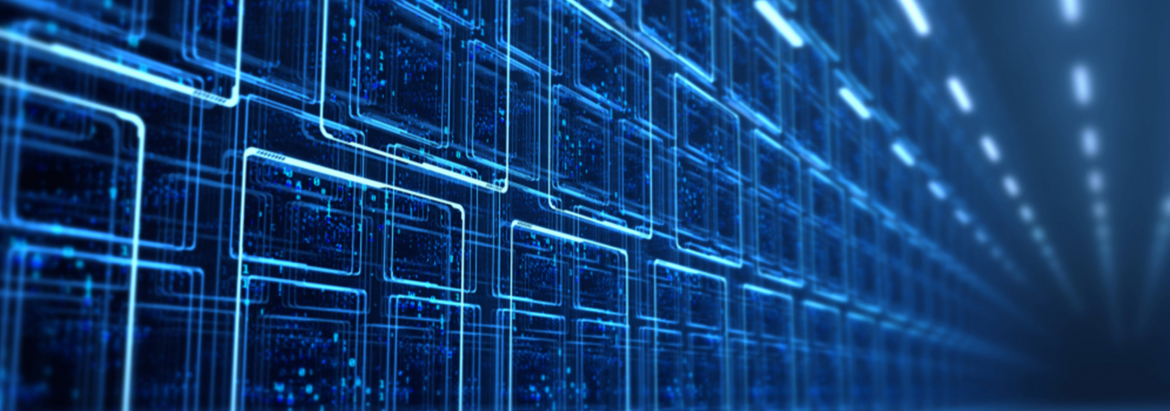
How Does AI Impact Your Data Center?


Data has become an indispensable part of business operations in the current scenario. More and more businesses are collecting data and performing rigorous data analysis for numerous operations. For the collection and storage of data, businesses deploy data centers that are physical storage solutions.
However, due to the ever-increasing complexity of data, only physical data centers are not a viable solution for businesses. If a power outage occurs, all the data in the data center is at risk. To protect themselves from any data-associated risks, businesses are using Artificial Intelligence (AI).
The challenges with physical data centers that force businesses to use AI are as follows:
Modern-day technologies like ML and AI are quickly displacing the services of traditional data centers. AI, in particular, is influencing the design and scalability of modern-day data centers. Studies have shown that around 30% of traditional data centers have closed as they did not implement AI or ML strategy. Due to high operational and management costs, it is difficult to maintain traditional data centers. In the next four years, more than 70% of businesses will give up on their traditional data centers.
To protect your business from future risks, you can use an AIOps based analytics platform for your data center. Besides cutting operational costs, you can increase the life of your data centers by using AI.
The benefits of using AI-based tools for the management and monitoring of data centers are as follows:
Predict power outages with AI
A power outage that leads to the shutting down of data centers affects the service availabilityand hampers the revenue-generating ability. Firms are deploying large data centers due to increasing demands. It is very important to protect the data centers from overheating and power outages. To cool down the data centers, organizations use an extra power supply. The more power is needed to cool down the data centers, the more an organization has to pay.
An AI-based tool can be used to prevent data centers from overheating while maintaining energy efficiency. IT automation with AI can help you in supplying cooling power to only those data centers that need it. Many businesses that are using AIOps based analytics platforms have claimed that they have slashed power costs.
Server optimization with AI
Besides storing data, data centers are also responsible for distributing data to different servers within the IT infrastructure. Due to excessive load, a server may stop functioning and hamper the service availability. Since server optimization is becoming difficult, businesses are using AI for the following benefits:
Troubleshooting and failure prediction with AI
Businesses need to track the performance of their data centers. Application performance monitoring has become more important due to the increasing complexity of IT infrastructures. If you can monitor your data centers rigorously, you can troubleshoot incidents quickly. AI helps in troubleshooting and failure prediction of data centers in the following ways:
The global market of AI is growing with an impressive CAGR of more than 50%. In the coming years, businesses will use AI-based data centers that are autonomous and more productive. Boost your service availability by using AI for your data centers!
Please complete the form details and a customer success representative will reach out to you shortly to schedule the demo. Thanks for your interest in ZIF!
Notifications